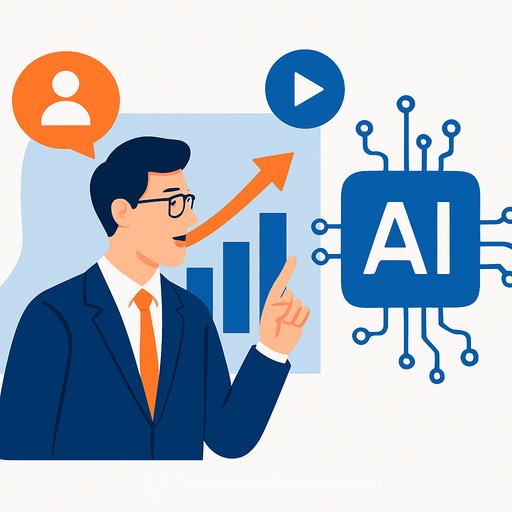WPP Media Launches ‘Manhattan Project’ AI Solution in a Crowded Market
The buzz around AI isn't fading. Generative AI has become a central focus for marketing services, spanning creative agencies, strategic consulting, and media planning. Despite public skepticism about AI’s societal impact, many advertising clients see it as a practical tool. According to Gartner, 40% of CMOs are already using AI for creative automation, and 37% rely on AI agents to manage media budgets.
WPP Media, formerly GroupM, has just introduced “Open Intelligence,” an AI-driven identity solution aimed at delivering precise, privacy-conscious targeting. At its core is a “large marketing model” developed to predict consumer behavior more accurately. Unlike typical large language models trained on public internet content, WPP’s model uses data from consumer panels, retail media networks, and connected TV (CTV) providers.
From this foundation, WPP Media builds custom AI models that integrate client first-party data. These models support planning and targeting through a combination of deterministic and probabilistic signals. The result: less wasted ad spend, better returns on digital marketing investments, and quicker media decisions. The goal is for every brand to have a predictive model built exclusively for them.
Facing a Competitive AI Landscape
WPP Media isn’t alone in this space. Just this week:
- Consultancy EY launched EY Studio+, offering AI consulting and implementation based on its 37 acquired agencies.
- Programmatic media firm MiQ introduced “Sigma,” an AI agent platform for media traders.
- Contextual targeting company Seedtag released an AI agent using proprietary language models and neuroscientific principles.
- Meta announced AI tools enabling marketers to create, plan, and execute campaigns directly within its platform.
The influx of AI-powered marketing solutions highlights the urgency and scale of investment across the industry.
Inside WPP Media’s AI Effort
WPP’s “Open Intelligence” is backed by the holding company’s £300 million ($403 million) annual investment in AI technology. The project involved teams from WPP’s AI unit Satalia, recent acquisition InfoSum, WPP Media, and tech partners including FreeWheel, TikTok, Meta, and Microsoft.
Open Intelligence has been tested on scaled campaigns for five clients over the past year. Reported results include a 60% drop in cost per acquisition for a car brand and a 15% reduction for a telecom client. While client names and financial specifics remain confidential, these figures suggest significant efficiency gains.
A New Data Philosophy with Privacy in Mind
WPP Media’s approach reflects a shift toward a privacy-conscious data strategy. Even if traditional audience identifiers disappear from CTV and open web environments, the tool aims to maintain effective segmentation and targeting.
With industry events like Cannes Lions approaching and ongoing enthusiasm from CMOs for AI-driven solutions, expect more companies to deepen their AI investments. As one executive put it, WPP doesn’t expect to be the last player, but believes its early commitment positions it well to lead and maintain an edge.
For marketing professionals eager to sharpen their AI skills and keep pace with these developments, exploring practical AI training can provide a competitive advantage. Resources like Complete AI Training’s latest AI courses offer focused learning paths tailored to marketing roles.
Your membership also unlocks:






